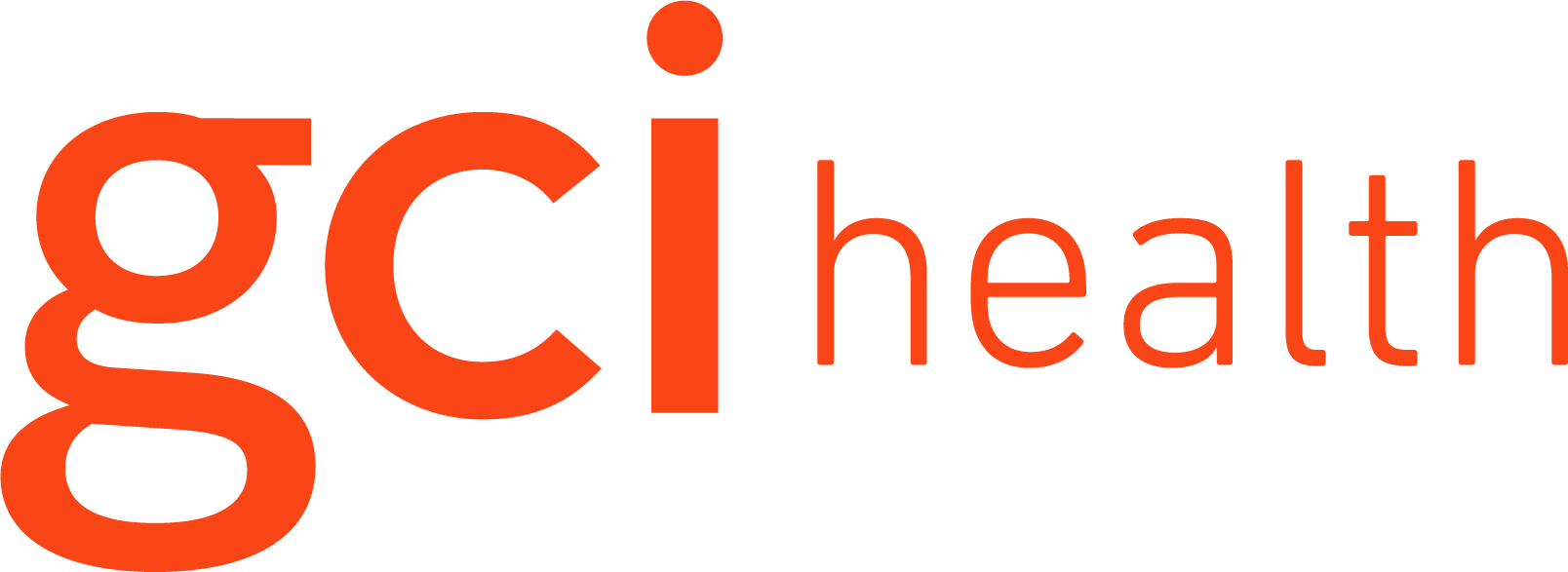This year’s Asia-Pacific Best Agencies to Work For study finds levels of pride and confidence in leadership up, but highlights concerns around ethics and career advancement.
The pressures of the situation resulting from the global spread of Covid-19 do not appear to have dampened the spirits of the majority of PR agency workers in Asia-Pacific. Provoke’s Best Agencies to Work For report this year finds sentiment has, in fact, improved in many important areas of the business. Nonetheless, a number of critical issues remain unresolved.
Where last year under half of respondents felt unreservedly proud to work where they did, this year 54% do. Turnover in the PR agency world is of course high, and over half of respondents have spent no longer than two years at their present companies, but the majority plan to stay for at least another 12 months. More people than last year would also recommend their agency as a great place to work and build a career. Rather worryingly though, more than half are not fully clear as to how their role contributes to the overall success of the business.
Considerably more (46%) people have confidence in the decisions their leaders make, and feel included in regular discussions on strategic objectives. Around half feel supported and inspired by their supervisor and enjoy mentorship from someone in their organisation. A higher percentage (again 46%) also see their companies placing due importance on CSR.
The ability to offer innovative digital solutions appears to have improved (43% feel confident in doing this compared to 37% last year), but the constant pressure to win new business casts doubt on whether existing clients are an agency’s priority. Indeed, the cycle of constant pitching featured as one of the least favourite aspects of agency life.
Colleagues and culture were frequently listed as some of the best qualities of being part of an agency, and while life might sometimes be “chaotic”, the workplace also tends to be “open”, “inclusive”, “collaborative”, “fun” and “creative”.
Since Covid-19 took hold, many companies have expressed concern at the risk of employees feeling disconnected through lack of direct social contact. Yet that does not seem to have happened. “Staff engagement has felt quite manageable amidst Covid-19 disruption, which I put down to our team feeling very connected before the pandemic was here,” said Rikki Jones, regional managing director of GCI Health, which was named the best small agency to work for in this year’s survey.
“Keeping teams engaged hasn’t been as challenging as we thought it might be,” agreed Lee Nugent, regional director of Archetype, the best large agency in the report. Central to helping people adapt to remote working has been giving them flexibility, keeping everyone well informed, and monitoring sentiment through internal surveys. “We’ve made it very clear throughout that we remain an employee-first business and that the key decisions we make will have their interests at heart,” he said.
Most respondents to this year’s survey feel their agencies reward individual initiative, and most—but as last year, not all—feel safe: 73% say harassment is not tolerated and would feel completely comfortable reporting a case of sexual harassment by a client.
A higher number than last year (67%) think their agencies do a good job of empowering women in leadership positions, and slightly more (60%) see ethnic and racial diversity valued. Still, 39% do not fully believe that anyone can get on in their careers regardless of race, gender and sexual orientation. Prospects for those over 50 who have not made it to the top are also still far from great, but 36% do see opportunities (up from 29% last year). While the jump is mildly encouraging, there is clearly still much to be done if agencies are to become as “inclusive” as they like to think they are.
Unclear paths
Less inspiring is the finding that less than half of respondents fully agree that their work is intellectually stimulating, that they function as more than order-takers, or that their role makes good use of their skills and abilities. Just 38% are satisfied with the level of training they receive—a worryingly low number even if it is up from last year’s 33%. The same number feel their company adequately explains all career opportunities. Just half feel truly encouraged to develop new skills, and less than half see an opportunity to grow, which jars with the apparent readiness to tout their agencies as great places to build a career.
Agencies do need to do more to help employees chart their careers at all levels, said Nugent. Working together to identify the right path is important, and is something he has managed to do numerous times with more senior colleagues. But the same logic applies to those lower on the ladder too, which agencies seem to find more difficult.
At one time, progression was linear and vertical. “Now, opportunities can be horizontal, or even diagonal,” Nugent said. “Perhaps the path means learning new, complementary skills, or becoming a specialist rather than a generalist.”
That should make things a lot more interesting, but the onus is on the agency to help staff identify and realise those opportunities. “Every individual has a potentially different, bespoke path. Few of us are communicating this to our people at present and we have to do much better.”
Intellectual and personal fulfilment aside, money also remains a gripe. Just 33% find their job financially rewarding, and 63% have doubts as to whether they are being fairly compensated. (For context, around a quarter of those surveyed make less than US$20,000 a year, and a further quarter earn between $50,000 and $125,000.)
Particularly in the current economic environment, salaries are unlikely to see any significant increase. Three things that might make up for that, which respondents highlighted, are better healthcare coverage, more flexibility in terms of working location and hours and more ability to take paid leave, which still seems difficult to do. A further suggestion was to be granted leave for volunteering and for family care, referring to elders as much as children.
Covid-19 is likely to spur greater and lasting flexibility. Singapore-based AKA, this year’s best mid-size agency to work for, had already implemented the option of various start and finish times and a limited number of work-from-home days, but Kate O’Shea, founding partner, said the present situation has led to a review that aims to offer “even greater freedom”.
Archetype is less cautious. “We consider our people adults, and our teams can work from home, a coffee shop or anywhere that allows them to get the job done as long as client objectives are met,” said Fabrice Kerboul, who works in sales and marketing. He said the aim is to give people the freedom to structure their day in the way that best suits them.
For some respondents, the clients an agency works with are as or more important than the agency itself (one listed “Nike” as their favourite aspect of work). Business being what it is, it is awkward for agencies to pass moral judgement on the organisations that pay them. Yet with the future ostensibly belonging to socially responsible companies, agency leaders should be unsettled that nearly 40% of respondents are unconvinced that their companies have the integrity to turn down unethical assignments. Around the same percentage again would not feel fully comfortable flagging ethical concerns.
Jones said the finding was “very concerning”. “It shows there’s a much needed opportunity for agencies and the communications consultancy industry as a whole to better communicate and demonstrate high ethical standards,” she said.
AKA’s O’Shea said the agency has turned down work in areas that the collective team does not support, such as a vaping-related brief from a tobacco company. She said it also has dedicated channels to discuss moral and ethical issues.
Greener pastures?
Clearly, agency life isn’t for everyone, and a number of respondents showed themselves to be ready to leave the industry. One described their workplace as a “self-righteous cult”, while another called their agency’s culture “unhealthy, political and divisive”. For the most part though, people appear to like both their sector and the individual companies they work for.
By far the most popular choice as an alternative employer was Edelman, followed in descending order by Ogilvy, Weber Shandwick, MSL and Burson Cohn & Wolfe — reflecting the enduring appeal of major networks in Asia-Pacific. After Edelman, the Hoffman Agency was the most-cited independent network.
Often, the appeal of a competitor is likely to be a case of the grass appearing greener on the other side, although reputation clearly means a lot. Relatively few people expressed a desire to move in-house, and just one said they would like to transition to the world of management consulting.
Many respondents had not considered the possibility of going somewhere else at all. Some said they would leave the industry if they had to leave their current firm, which could signal the onset of burnout more than anything else. Still, many showed strong commitment to individual brands and their cultures. Going to another agency “would seem weird”, said one respondent. Independent firms appear to engender some of the most passionate loyalty.
“Having worked at AKA I wouldn’t go to any other PR firm,” said one employee. Another was equally decisive: “Look no further than Hoffman.”
GCI Health, part of WPP, claims a retention rate of nearly 94%, albeit with a staff base of less than 20. What makes people stay? One of the most important reasons “is the chance to be part of something special”, Jones said. “As employers it’s up to us to lead the creation and maintenance of a culture that fuels a sense of pride, purpose and belonging.”
She said GCI has tried to create a culture in which everyone has a say in how the agency is shaped. That is admittedly easier for a small agency, but it’s something agencies of all sizes would do well to aspire to. “As a result, our business reflects what each of our team members want to be part of,” said Jones. “It’s one of our biggest achievements and sits at the core of our successes.”



